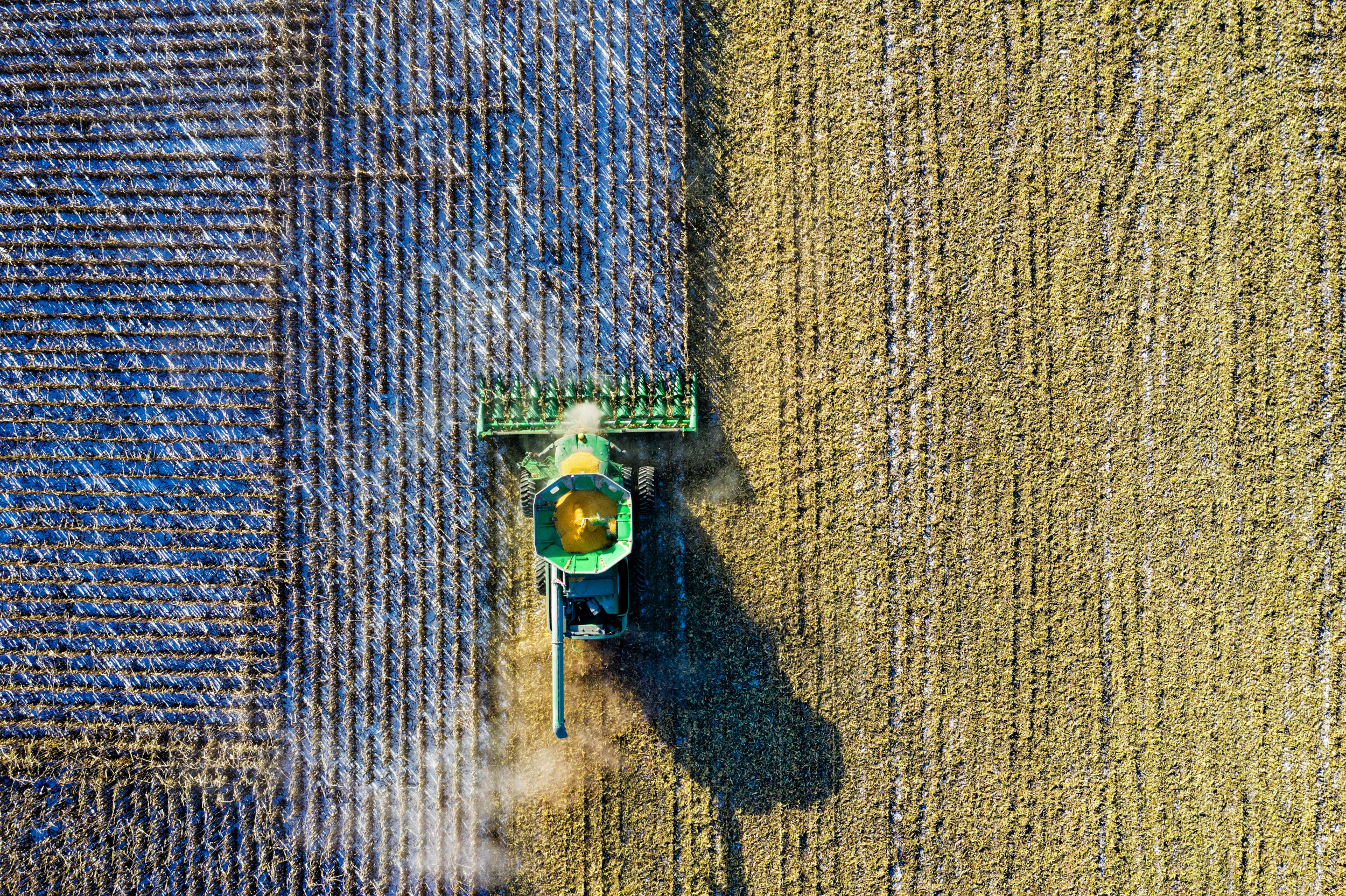EU's Agricultural policy: Key Obstacles


The budget for the European Union's Common Agricultural Policy (CAP) is a substantial part of the overall EU budget. The Multiannual Financial Framework (MFF) for the EU, covering the years 2021 to 2027, allocated €387 billion for CAP expenditures, making it one of the most significant policy areas in terms of budget allocation. Our aim is to highlight the 10 key challenges that it faces.
Sustainability and Climate Change: One of the most pressing challenges for EU agricultural policy is aligning farming practices with sustainability goals and addressing the impact of agriculture on climate change. The EU's Green Deal and the Farm to Fork Strategy have set ambitious targets to reduce greenhouse gas emissions, promote biodiversity, and encourage sustainable land management. Achieving these targets while maintaining food production and farm incomes is a complex challenge.
Environmental Concerns and Biodiversity Loss: Agriculture is a major driver of biodiversity loss in Europe. The EU has been working to address this issue by implementing measures to protect and restore ecosystems, promote organic farming, and reduce the use of pesticides and chemical fertilizers. However, striking a balance between agricultural productivity and environmental conservation remains a challenge.
Common Agricultural Policy (CAP) Reform: The EU's Common Agricultural Policy underwent significant reform in the 2021-2027 Multiannual Financial Framework. The new CAP aims to be more outcome-based, with a focus on delivering public goods, such as environmental benefits and climate action. Implementing these reforms at the national and regional levels while ensuring fairness and transparency poses a challenge.
Income Inequality and Small Farmers: Income inequality among farmers is a persistent challenge. The CAP reform includes measures to address this issue, but finding effective ways to support small-scale and family farmers while also promoting modernization and competitiveness is a delicate balance.
Trade and Market Access: EU agricultural policy must navigate complex trade relationships and agreements while ensuring that European farmers can compete on a global scale. Trade agreements, such as the EU-Mercosur agreement, have been contentious, with concerns about the impact on European agriculture, particularly in sensitive sectors like beef and soy production.
Digitalization and Technological Adoption: Embracing digital technologies and precision agriculture is essential for improving productivity and sustainability. Encouraging technological adoption among farmers and addressing the digital divide in rural areas is a challenge for EU agricultural policy.
Resilience to External Shocks: The COVID-19 pandemic highlighted the need for greater resilience in the agricultural sector. Ensuring the stability of food supply chains, the protection of farm incomes, and rapid adaptation to unexpected shocks is a challenge for policymakers.
Rural Development and Depopulation: Many rural areas in Europe are experiencing depopulation as younger generations move to urban centers. EU agricultural policy must address this issue by promoting rural development, improving infrastructure, and creating opportunities for diversification of rural economies.
Pesticide Use and Chemical Regulation: There is growing concern about the use of pesticides in agriculture and their potential impact on human health and the environment. Balancing the need for pest control with stricter regulations and promoting alternative, sustainable pest management practices is an ongoing challenge.
COVID-19 Recovery and Resilience: The COVID-19 pandemic disrupted the agricultural sector, from supply chain interruptions to labor shortages. Ensuring a robust recovery and building resilience to future crises is a priority for EU agricultural policy.